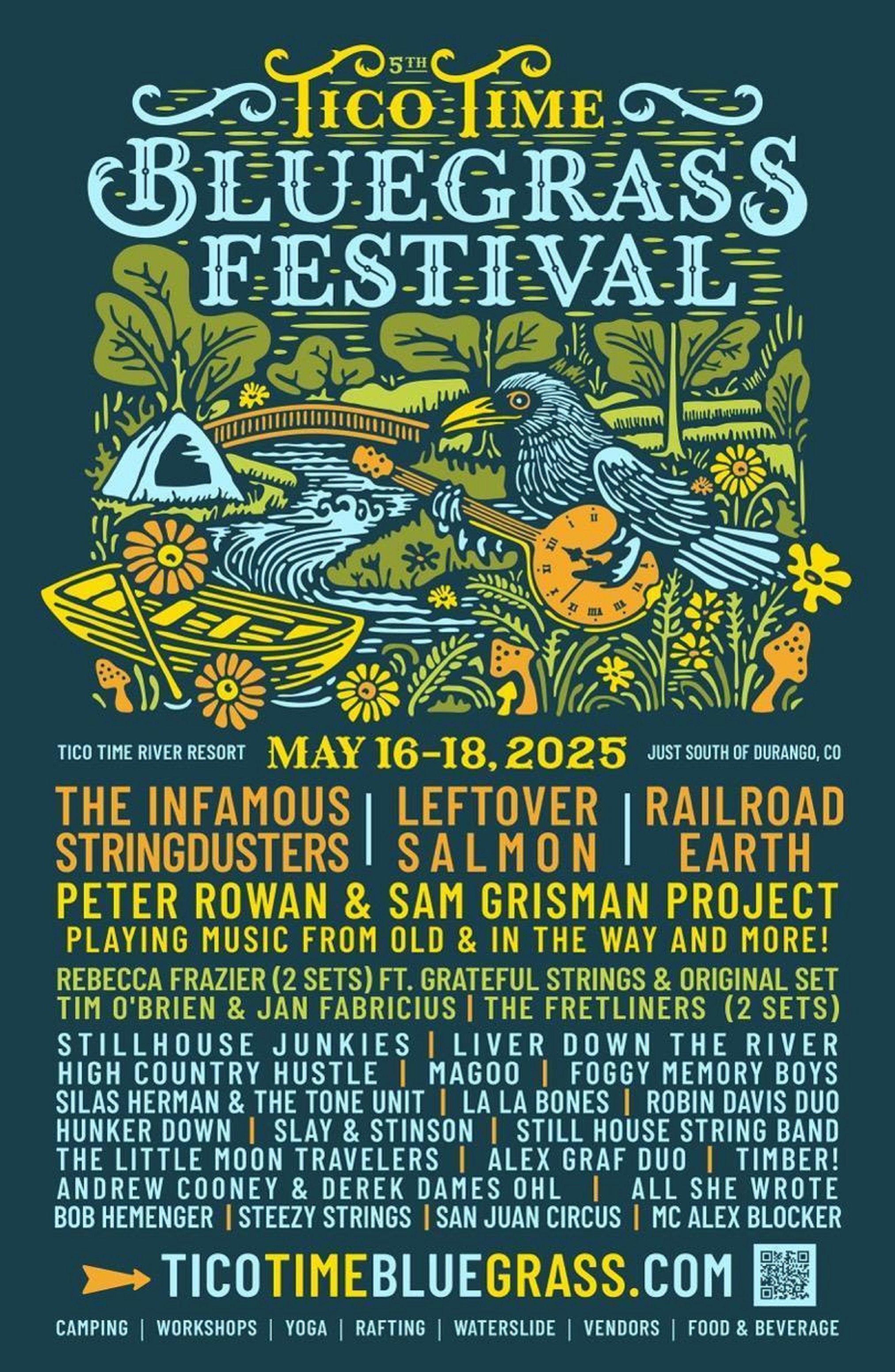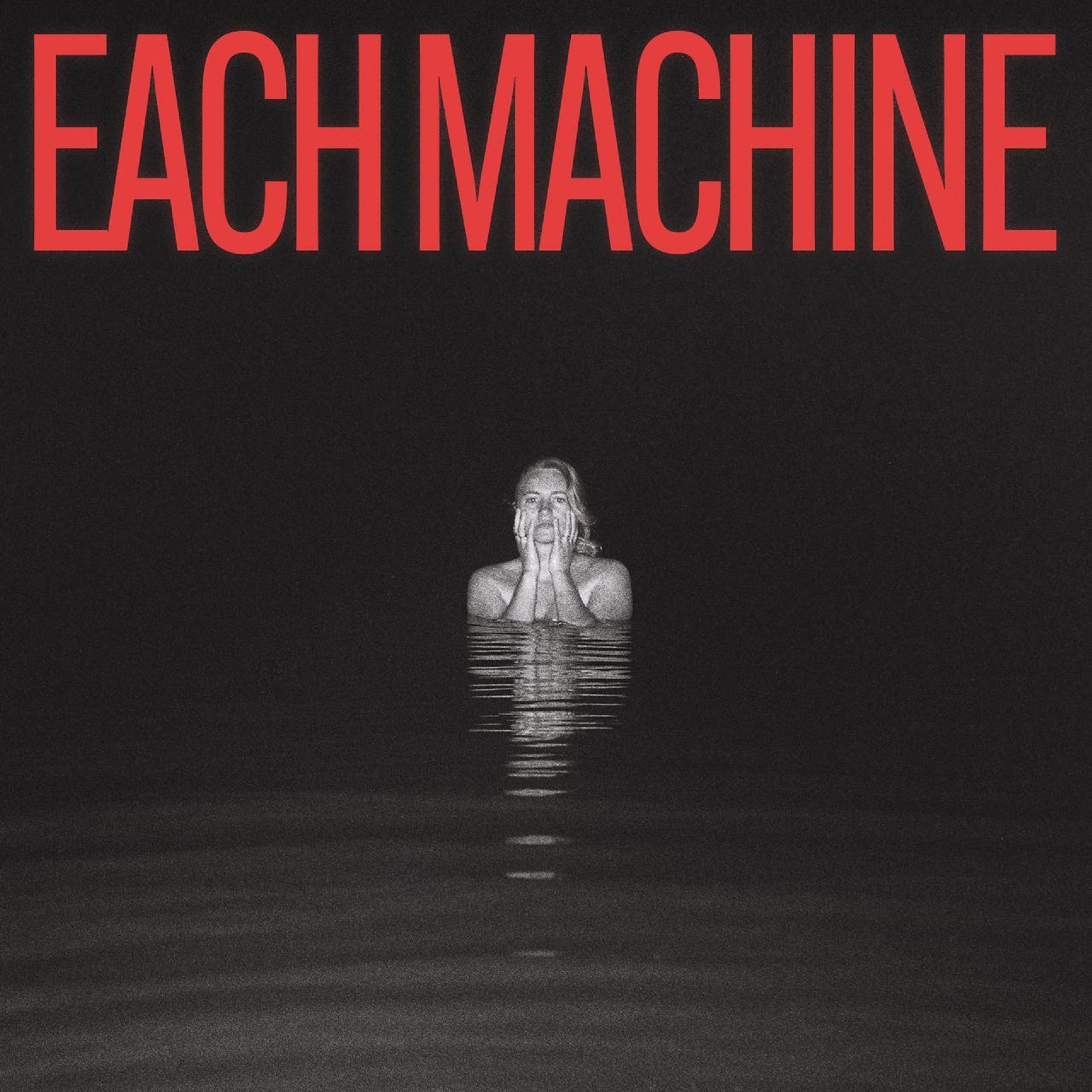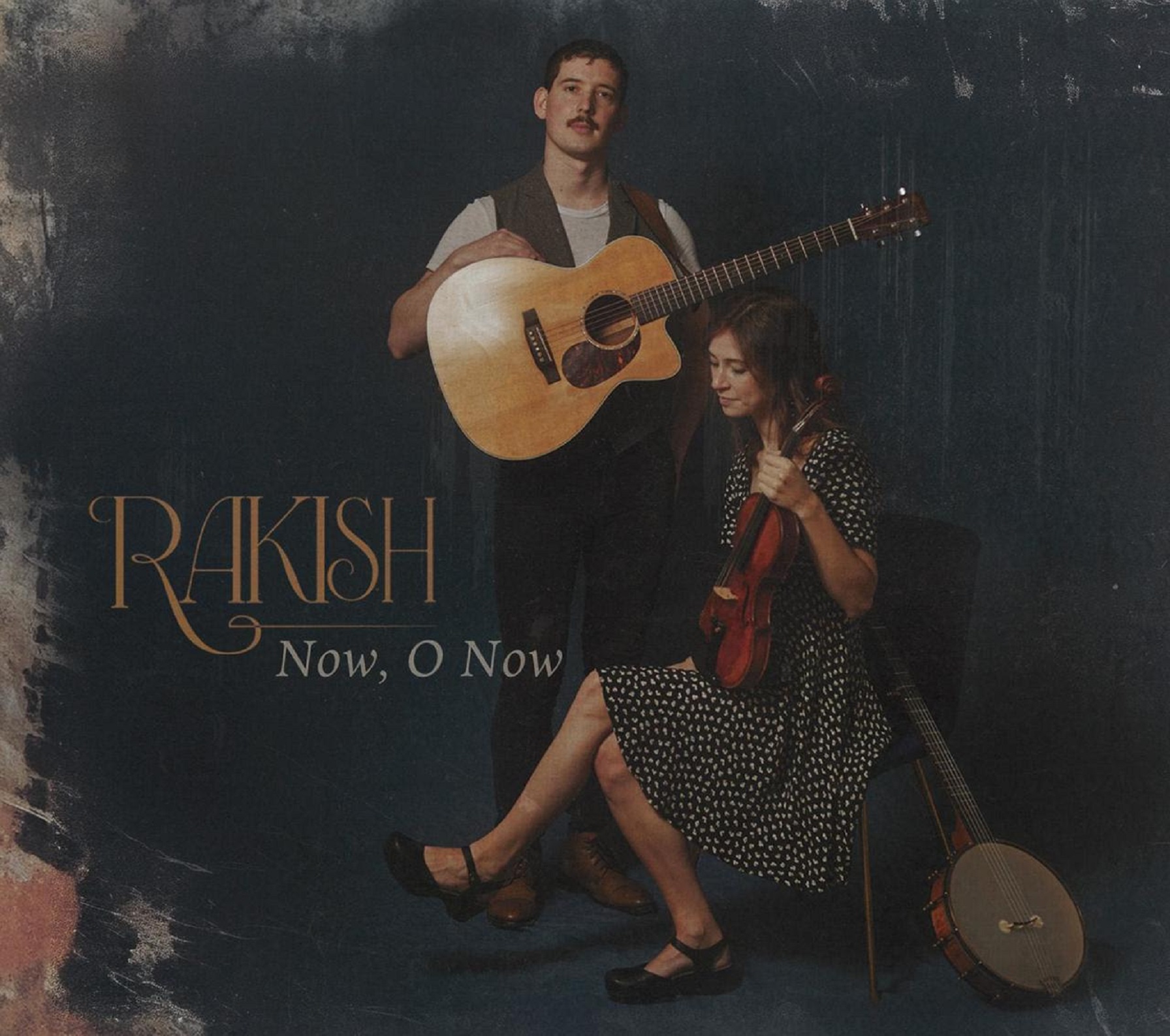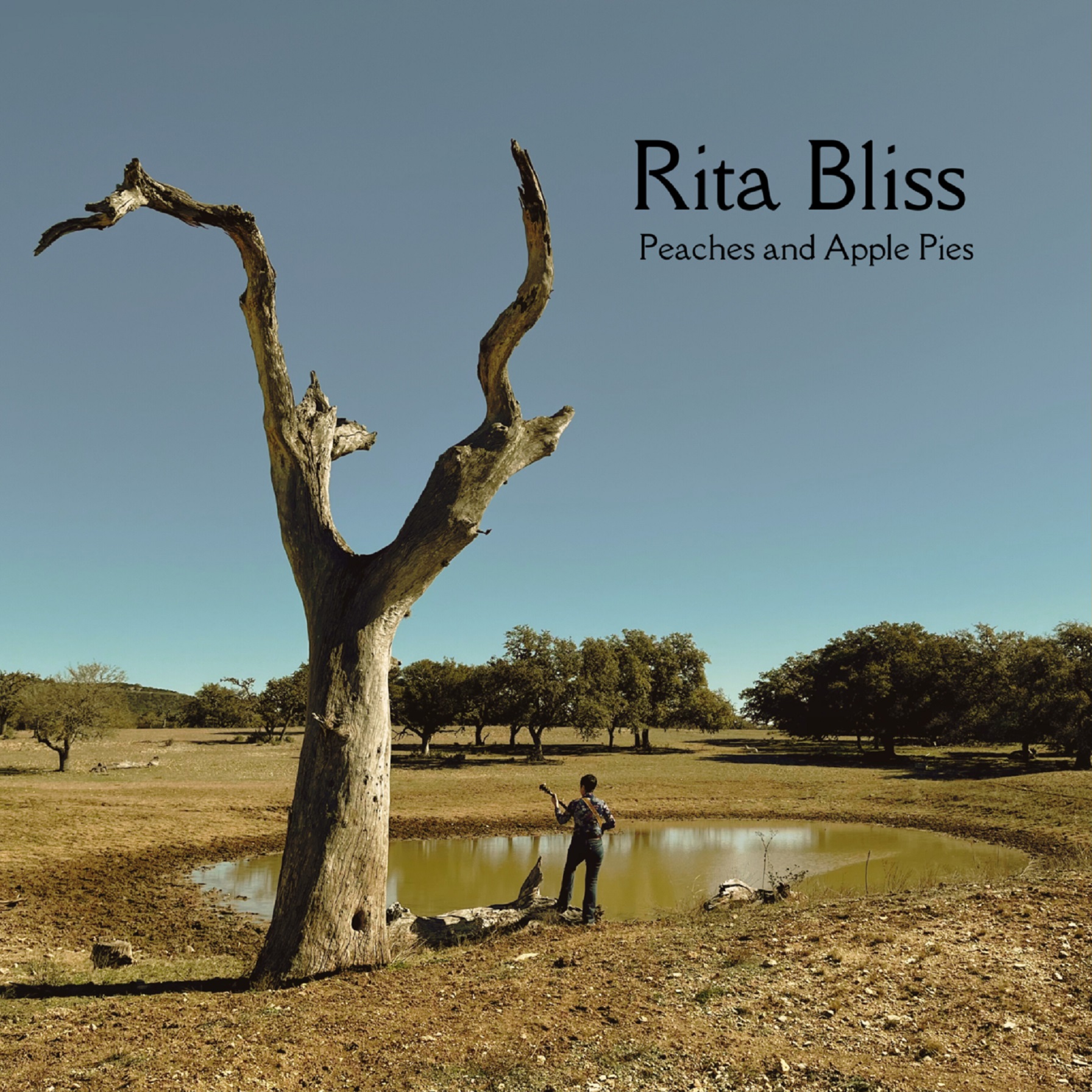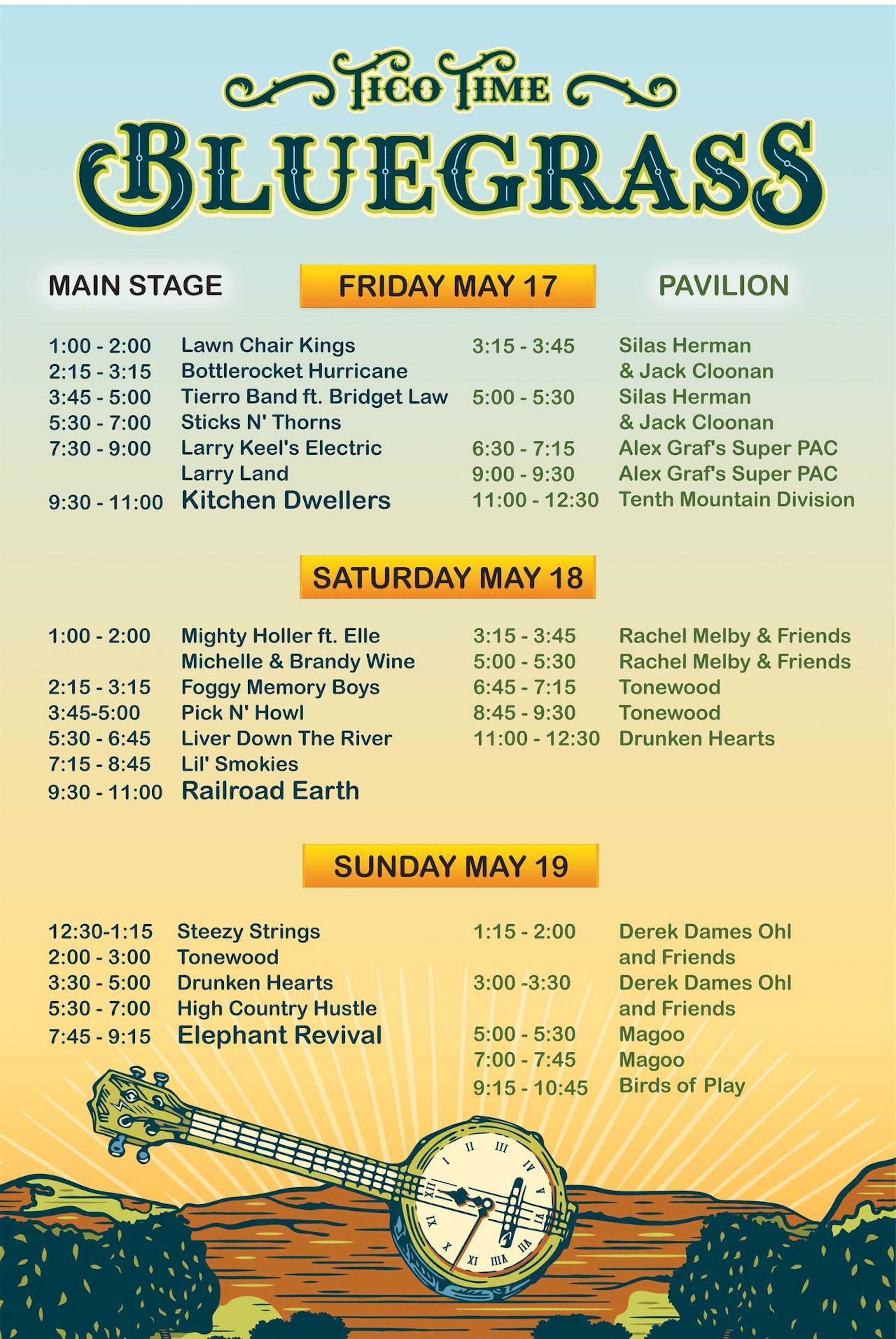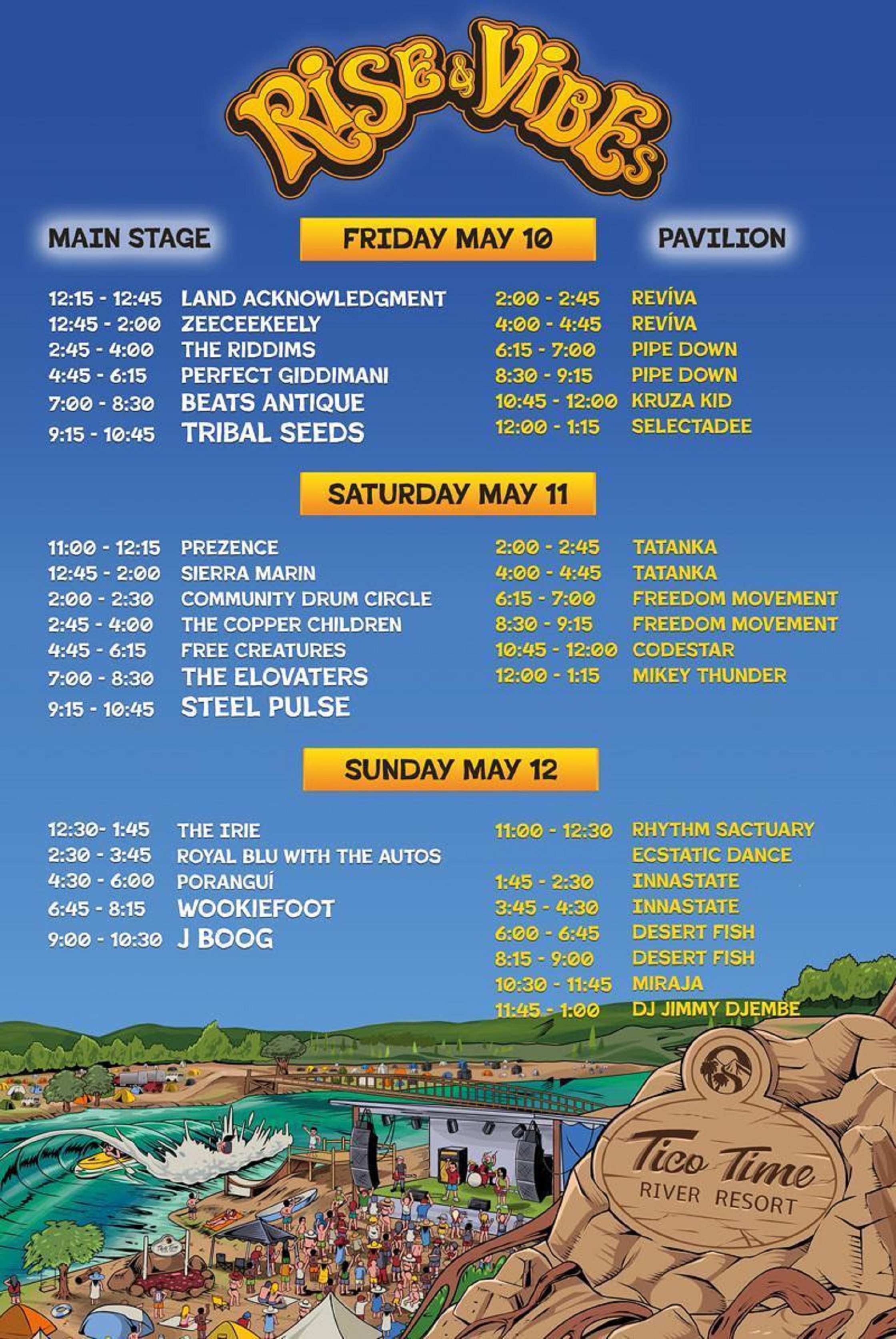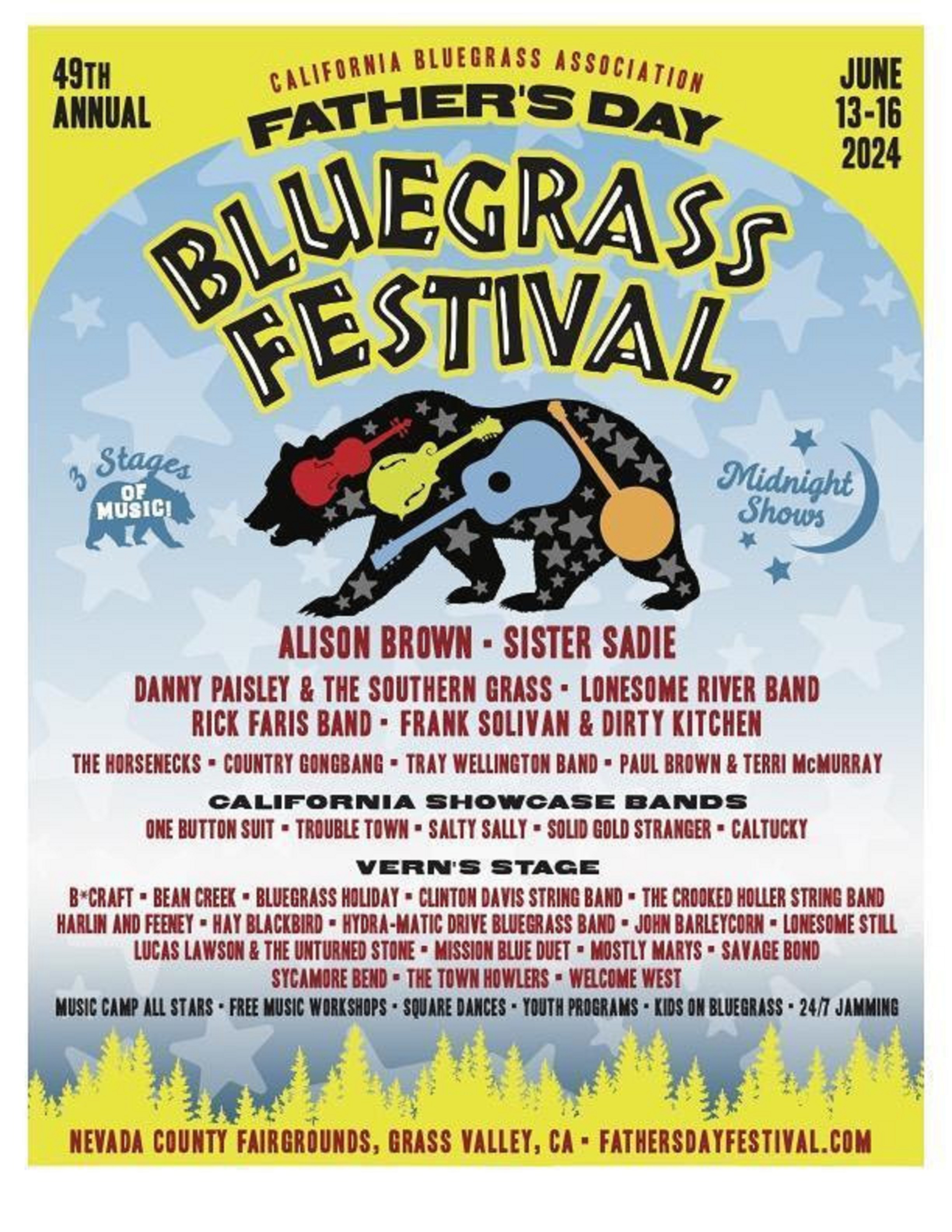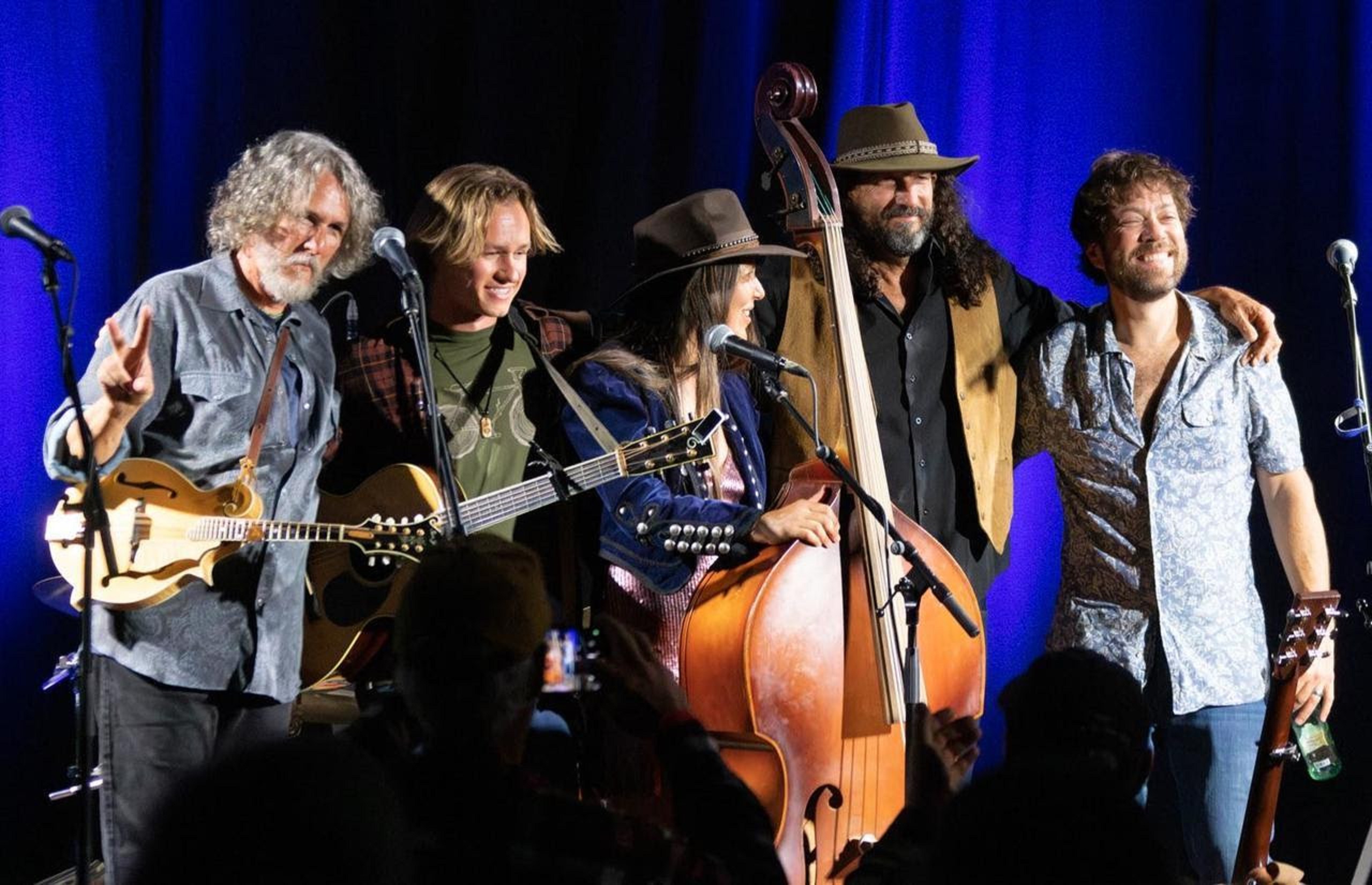In the worlds of bluegrass and traditional folk, where music is still passed directly from one generation to the next, it’s not unusual to witness young talents astounding crowds with feats of instrumental dexterity. But it’s highly unusual to encounter players like brother-sister duo Giri and Uma Peters, who, at ages 14 and 11, have already performed at the Kennedy Center, jammed and recorded with Rhiannon Giddens and tracked an album at Jerry Douglas’ studio — after gravitating on their own toward American roots music. They stand out even more because, in genres in which artists of color are still anomalies, fiddler/guitarist/mandolinist Giri and fiddler/banjo player Uma might be the first bluegrass duo of Indian American heritage.
The Peters’ new album, Origins, releasing May 31, contains eight songs with rich histories — and one Giri original — collectively intended to convey not only those songs’ origins and interconnected stitching in the colorful quilt of American music, but their continued relevance in a culture still burdened by oppression. Giri says these well-loved tunes — including “Shortnin’ Bread,” “Sittin’ on Top of the World,” “Babe It Ain’t No Lie,” “Goin’ Down the Road Feelin’ Bad” and “John Henry” — also share connections to “slavery, the intermixing of cultures and sometimes, racism.”
Budding musicologists Giri and Uma began exploring song histories after becoming inspired by Giddens’ work in the Carolina Chocolate Drops. In fact, clawhammer player Uma first picked up a banjo, at age 7, after seeing Giddens play. “I had never seen clawhammer before, and had never seen a woman playing banjo,” says Uma. “I had never seen a musician of color playing this music.”
Born in Houston, Giri was 4 and Uma a toddler when they moved to Nashville, where their psychologist mother is an associate professor of pediatrics at Vanderbilt University. By then, Giri had already discovered the violin at a Houston Symphony “instrument petting zoo”; he began Suzuki lessons at 5. Uma started at 4. Their paths changed when Giri heard the all-star classical-bluegrass mashup Goat Rodeo. He immediately fell for both mandolin and fiddle, thanks to Chris Thile and Stuart Duncan. He was 8. Uma, then 6, decided she’d rather fiddle, too.
They became a duo in 2015, when their effort to compete in a band category at the Smithville Fiddlers Jamboree in Smithville, Tennessee, seemed doomed because, according to Uma, “No adults wanted to play with us.”
Their teacher suggested they enter as a pair. Three years later, they won two band categories. That first year, Giri swept every youth competition music category except banjo, which Uma won. They did it again in 2016, and also earned individual wins in 2018 (they had to sit out 2017). They’ve also collected awards at the Old Fiddlers’ Convention in Galax, Tennessee, the John Hartford Memorial Festival in Bean Blossom, Indiana, and the Grand Master Fiddler Championship at Nashville’s Country Music Hall of Fame.
They’ve also performed at World of Bluegrass week in Raleigh, North Carolina, and Folk Alliance International’s International Folk Music Awards in Kansas City, Missouri — and recorded Uma’s tune, “How to Help the World,” with Giddens for FAI’s 2018 festival compilation CD. After inviting them to join her at last summer’s ROMP Festival in Owensboro, Kentucky, Giddens loaned Uma a gourd banjo. The Tennessee Arts Commission’s folklife director saw a video of her playing it and asked the pair to apply for its traditional arts apprenticeship program. Uma’s eight-month apprenticeship to master artist Giddens wraps in June.
They met in 2016, when Giddens reached out after learning she was Uma’s inspiration. In the Peters’ kitchen, she taught them “John Henry” as her mentor, fiddler Joe Thompson, taught it to her. But on Origins, as Uma’s still childlike, vibrato-free voice alternates with Giri’s still-deepening tenor, occasionally intersecting in harmony over their intricately plucked instruments, it’s clear there’s no mimicry involved at all. They understand the song — which they researched at the Smithsonian Folkways Archives, no less.
With the droning undertow of their low notes carrying the song’s weight as their vocals lift it aloft, it’s equally clear they understand the importance of those musical traditions flowing through them.
Folkways archivist Greg Adams also encouraged the siblings to delve into the music’s origins, and to share what they’ve learned, including how racial factors caused Appalachian and bluegrass “hillbilly” music to become the province of white players, and blues and jazz — and the R&B and soul they begat — the “race music” of once-enslaved blacks, even though banjos originally were made and played by black people.
Giri says he hopes the album will inspire listeners to do their own research.
“I want to keep the history alive, and I never want people to forget where it came from,” he explains, adding that music should unite people, not separate them. He also notes another important function: giving people a voice to protest injustice or fight oppression, and a means to experience joy even while enduring those travails.
Enlightenment was the motivation behind his song, “Old Joe.” Giri explains, “I wrote about an imaginary slave named old Joe because most people don’t know that the history of this music is so intertwined with slavery, and slaves from Africa contributed significantly to the origins of American music.”
When Uma wrote “How to Help the World,” she was thinking about how difficult it was for a young girl to figure out how she might make a difference.
It’s safe to say these two are already making a difference. They’re an inspiring pair, deeply motivated and talented, with their heads and their hearts well positioned to embrace the musical careers they’re already discussing. As long as they keep doing what they’re doing, American roots music’s past — and future — are in good hands.
Giri & Uma Peters tour dates
Friday, May 17 – Musician’s Corner, Centennial Park, Nashville
Tuesday, June 4 – 12th South Farmers Market, Sevier Park, Nashville
Saturday, June 8 – Kidsville, Celebrate Nashville Day, Centennial Park, Nashville
Friday, June 14 – Music in the Café, Frist Art Museum, Nashville
Saturday, June 22 – Blackberry Jam Music Festival, Boyd Mill Farm, Franklin, Tennessee
Friday, July 19 – Grey Fox Bluegrass Festival, Oak Hill, New York
Friday-Sunday, Aug. 2-4 – Festival of Fools, Burlington, Vermont







